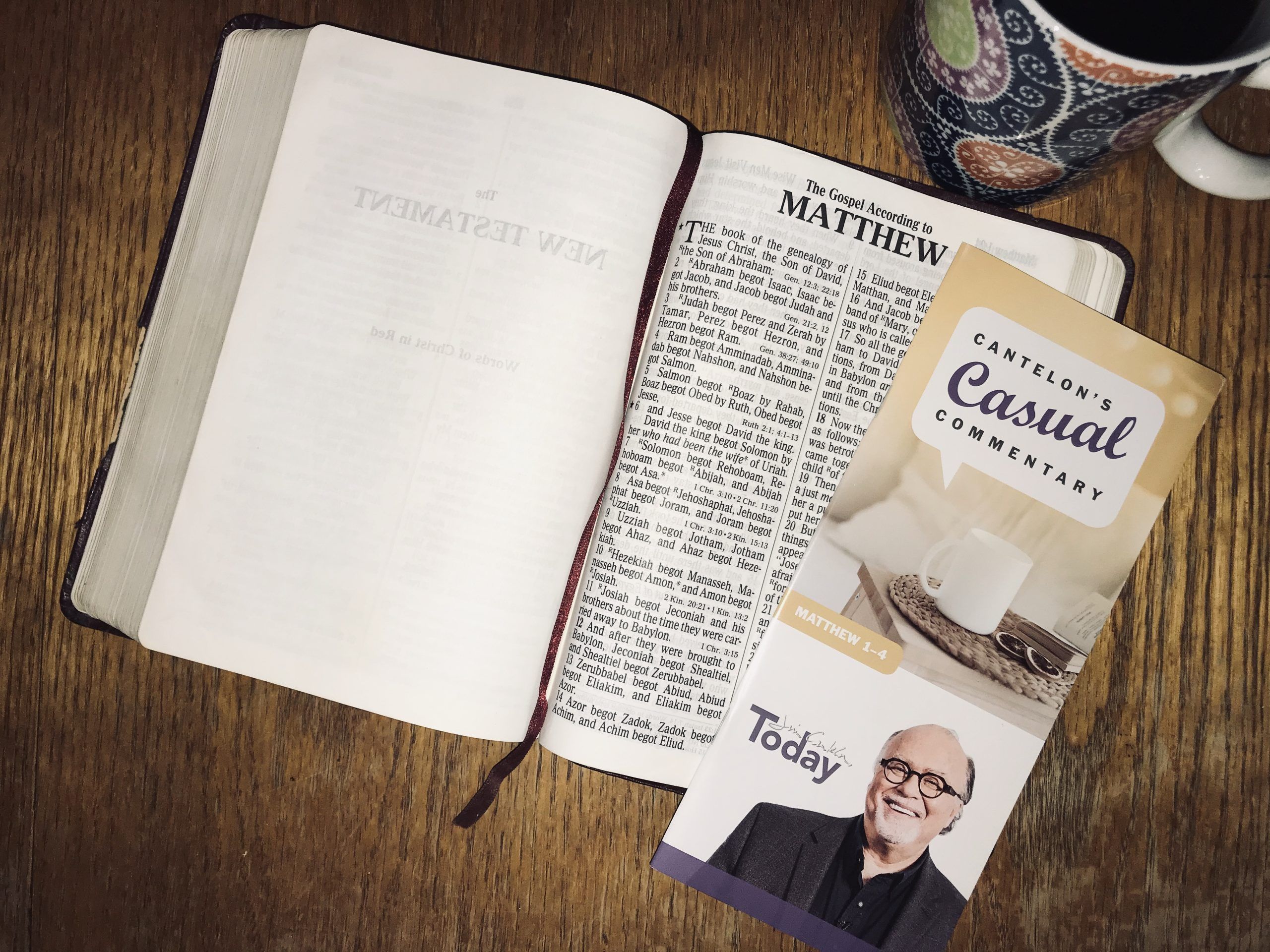July 22, 2020
Matthew 5
The Peacemakers v. 9
In Israel the standard “Hello” is “Shalom”. The standard “Goodbye” is “Shalom”. “Shalom” also means “Peace”. Ironically, “peace” is not the standard state of the atmosphere in Israel, or anywhere else in the Middle East for that matter. But “shalom” is the heart’s cry of the world. Imagine the blessed state of the nations if there were genuine peace! This is why God blesses those of his “children” who make peace. It is near to his heart.
A peacemaker is proactive. He/she has no time for “appeasement”. There’s no room for passive acquiescence. The peacemaker “makes” peace. And, in most cases, that active effort involves the art of reconciliation. This is what God has done, and is doing through Christ: “For God was pleased to have all his fullness dwell in him, and through his to reconcile to himself all things. whether things on earth or things in heaven, by making peace through his blood, shed on the cross” (Col. 1:19, 20). Indeed, someone who makes peace is doing what God is doing.
The Bible clearly calls Jesus “The Prince of Peace”. At his birth the angelic chorus proclaimed “peace on earth”, and in his last supper conversation with his disciples Jesus said, “my peace I give unto you” (Jo. 14:27). In the course of his ministry Jesus prioritized the poor — poverty is at the root of so many conflicts, so Jesus, the Prince of Peace, sought to banish it. So must we.
